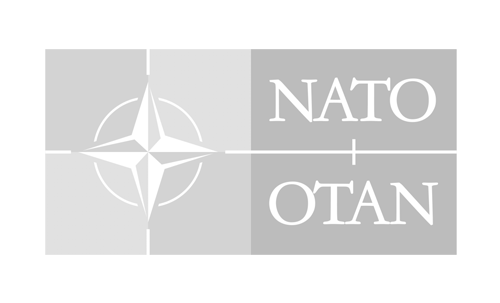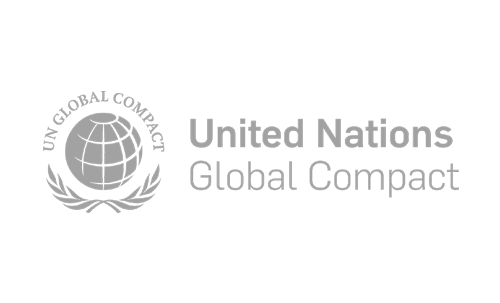APPS
APPS
Philanthrocapitalism
Emmanuel Faber, former CEO of Danone, shares his groundbreaking vision for a more sustainable food system. He discusses how the food industry must adapt to global challenges such as climate change, water scarcity, and increasing CO2 emissions. Faber emphasizes the importance of a circular approach to agriculture, where businesses, governments, and NGOs work together to ensure the future of food production is sustainable and equitable for all regions of the world.
Faber also reflects on his leadership role at Danone, where he was instrumental in pushing the company toward a more socially responsible model. He talks about balancing the needs of a global corporation with the long-term goals of sustainability and social impact. His vision goes beyond profit-making, focusing on how companies can play a key role in addressing global food security while promoting health and nutrition across diverse populations.
The conversation covers Faber's experience in regions like China, India, and Africa, where he witnessed firsthand the challenges posed by rapid population growth and the rising middle class. He stresses the importance of working collaboratively with local governments and organizations to create region-specific solutions. Faber's passion for transforming the global food system highlights how large corporations can be forces for positive change when they align business strategy with broader societal goals.
34:27 | 2016
Emmanuel Faber is a visionary French business leader, economist, and sustainability advocate. As the former CEO of Danone, he redefined corporate strategy by integrating social and environmental goals into the company's mission, championing sustainable agriculture and responsible business practices. A passionate proponent of inclusive capitalism, Faber has long advocated for balancing profitability with societal impact. Currently serving as Chair of the International Sustainability Standards Board (ISSB), he is focused on establishing global standards for sustainability reporting, driving transparency, and accountability in corporate environmental and social governance.


























Comments
Sign in or sign up to post a comment.